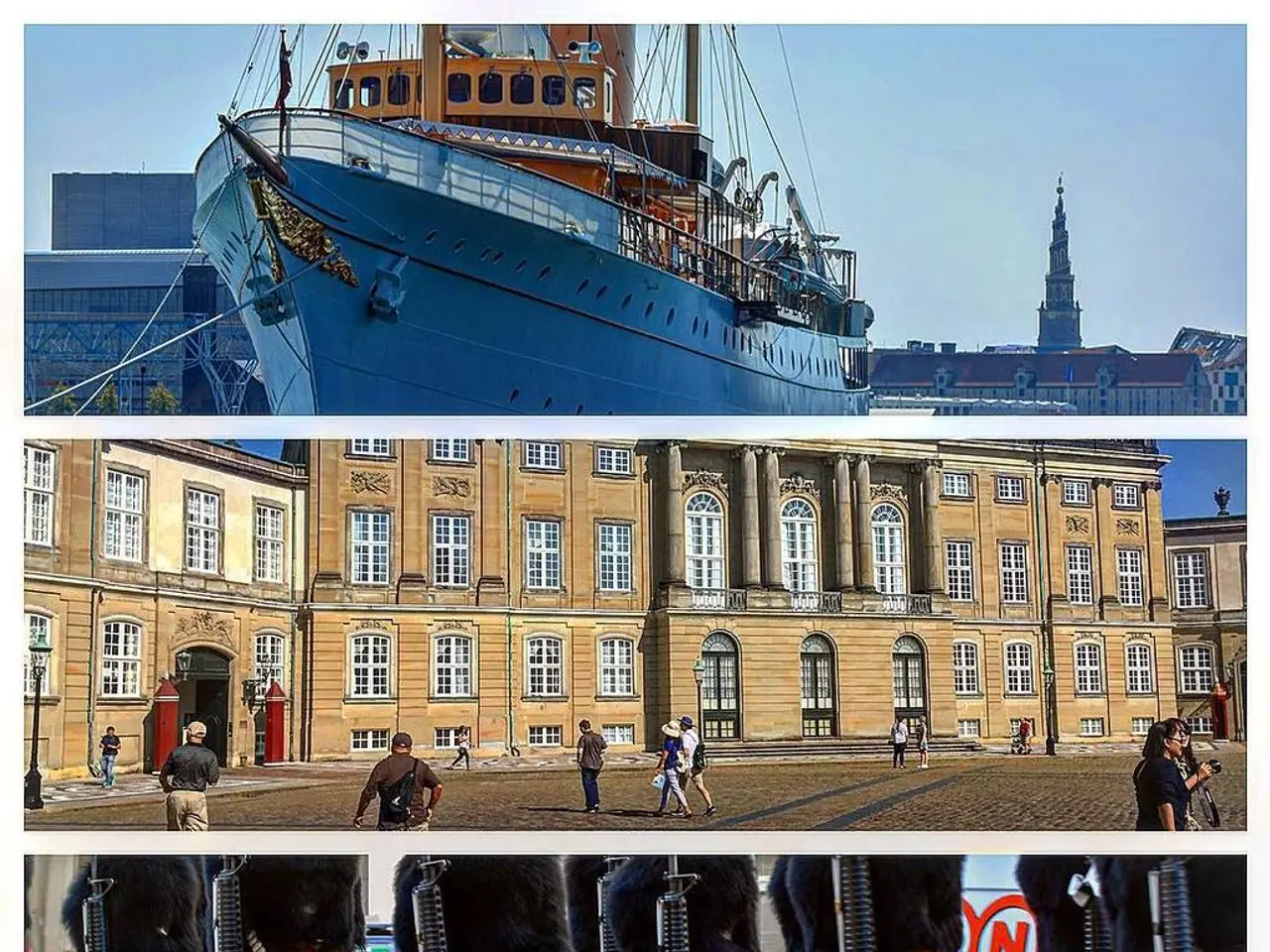Australian frigate contract withdrawn from TKMS
In a significant turn of events, the Thyssenkrupp subsidiary TKMS has lost the AUD 10 billion (approximately EUR 5.6 billion) frigate contract in Australia to Mitsubishi Heavy Industries. This marks a historic shift in defense partnerships between Japan and Australia.
Mitsubishi Heavy Industries (MHI) won the contract to supply 11 Mogami-class frigates, with the first three to be built in Japan and the remaining eight to be constructed in Australia. The deal, aiming to be finalized by the beginning of next year, is Japan's largest defense export and the biggest arms deal between Japan and Australia.
TKMS had competed with its MEKO A-200 (or upgraded MEKO A-210) class frigates. While TKMS had designed ships for Australia before, and its proposal was recognized as high quality, it was ultimately seen as less fitting against MHI's offering.
MHI presented an advanced, largely automated, stealthy frigate with capabilities such as a 32-cell vertical launch system, surface-to-air and anti-ship missiles, and a range of up to 10,000 nautical miles. Japan’s government also lobbied intensively for the deal, reflecting strong strategic alignment with Australia.
The decision reflects Australia's strategic realignment and defense modernization efforts, including enhancing long-range firepower and expanding its warship fleet to deter regional threats. The largely automated Mogami-class frigate can be operated with a crew of 90, less than half the usual number.
In a related development, TKMS plans to spin off a minority stake in a new TKMS holding company for its shareholders, to be listed on the stock exchange. Initially, TKMS shareholders will hold 49 percent of this new holding company, and Thyssenkrupp AG will hold 51 percent. IG Metall has suggested bringing the federal government on board as an anchor shareholder for the new TKMS holding company.
TKMS employs around 8,000 people at its sites in Kiel, Wismar, and Itajai, Brazil. The order backlog at TKMS has grown by more than 50 percent since the end of the last fiscal year, currently exceeding 18 billion euros. However, no further information about TKMS's future plans for the frigate construction project or the IPO timeline was provided.
Despite this setback, TKMS continues to be a significant player in the defense industry, with a strong order book and a committed workforce. The company's CEO, Miguel Lopez, made this statement in a speech manuscript for the extraordinary general meeting on Friday.
- The loss of the AUD 10 billion frigate contract by TKMS to MHI signifies a shift in the defense industry, as Japan's largest defense export and the biggest arms deal between Japan and Australia will be supplied by MHI.
- Mitsubishi Heavy Industries (MHI) offered an advanced, largely automated, stealthy frigate with capabilities such as a 32-cell vertical launch system, surface-to-air and anti-ship missiles, and a range of up to 10,000 nautical miles, which may have contributed to their win.
- In the realm of finance, TKMS is planning a spinoff of a minority stake in a new TKMS holding company for its shareholders, aiming to be listed on the stock exchange, with plans to retain a majority stake themselves.
- While TKMS faced a setback with the Australian frigate contract, they continue to be a significant player in the defense industry, with a strong order book and a committed workforce. In the automotive and transportation sectors, the reduced crew size of the Mogami-class frigate demonstrates a potential advancement in energy efficiency and potential cost savings in those industries.




